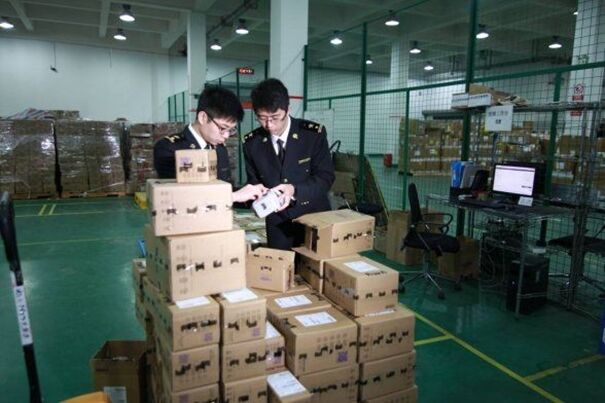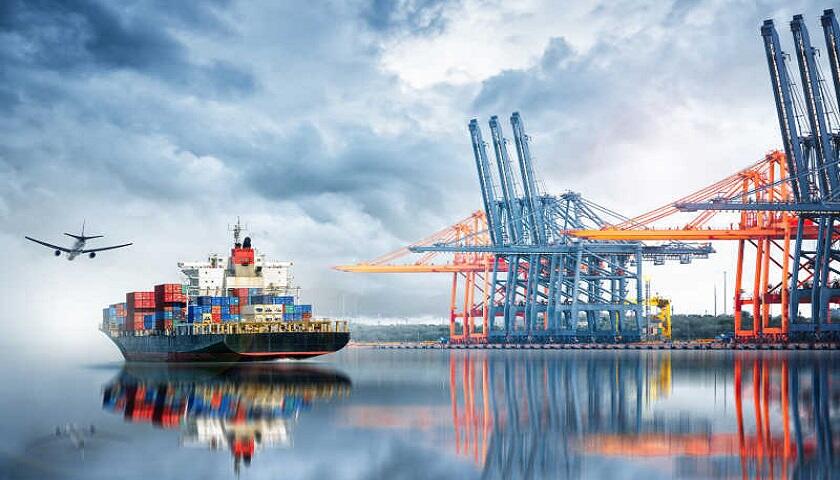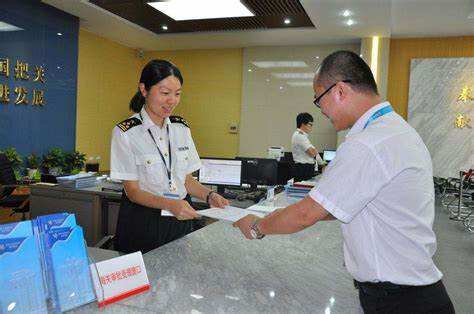customs clearance of import cargo
Customs clearance of import cargo is a critical process that facilitates the legal entry of goods into a country. This comprehensive procedure involves document verification, duty assessment, and compliance checks to ensure imported goods meet national regulations. The process typically begins with the submission of essential documentation, including commercial invoices, bills of lading, and packing lists. Modern customs clearance utilizes advanced electronic systems for faster processing, enabling real-time tracking and status updates. The technological infrastructure supports automated risk assessment, helping customs authorities identify high-risk shipments while expediting low-risk ones. Key functions include determining appropriate tariff classifications, calculating duties and taxes, verifying import licenses and permits, and ensuring compliance with trade regulations. The process also incorporates specialized inspection protocols for different types of goods, from perishable items to hazardous materials. Digital documentation systems have revolutionized the industry, reducing paperwork and processing times while improving accuracy. These systems interface with various stakeholders, including shipping lines, freight forwarders, and government agencies, creating a seamless flow of information. The implementation of artificial intelligence and machine learning has further enhanced the efficiency of customs clearance, enabling predictive analytics for better resource allocation and risk management.


